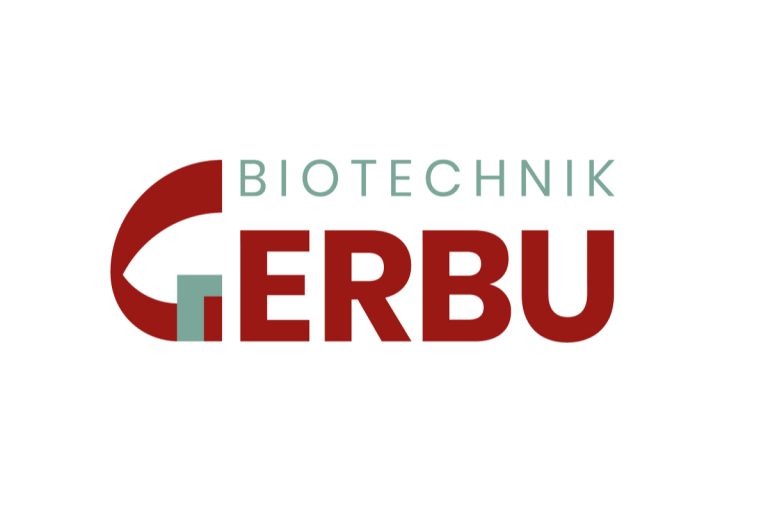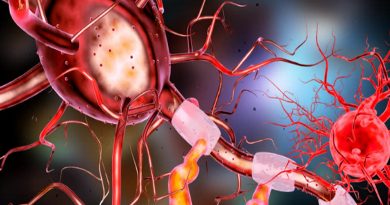Moderna to Supply up to 500 Million COVID-19 Vaccine Doses for Low-Income Countries
Low-income countries can benefit from the latest Moderna – Gavi agreement, which is set up to distribute up to 500 million doses of affordable COVID-19 vaccines.
Moderna, Inc. (Nasdaq: MRNA), a biotech company engineering and manufacturing revolutionary messenger RNA (mRNA) therapeutics and vaccines, reported collaboration with Gavi, the Vaccine Alliance, to supply up to 500 million doses of the COVID-19 Vaccine Moderna.
Delivery of 34 million doses to begin in Q4 of 2021
This agreement involves an initial delivery of 34 million doses in Q4 of 2021. Gavi also has the opportunity to purchase 466 million additional doses in 2022 on behalf of the COVAX Facility under this deal. In accordance with Moderna’s global access commitments, all doses will be provided at the lowest tiered price.
92 countries to receive COVID-19 doses at the lowest tiered price
This deal comprises 92 low- and middle-income countries that are part of the Gavi COVAX Advance Market Commitment (AMC).
Moderna is also in talks to allocate and supply to self-financing participants in the future.
Stéphane Bancel, Chief Executive Officer of Moderna stated:
“I am grateful to our Gavi and COVAX partners for their tireless work and to the entire Moderna team for their collaboration to reach this agreement. This is an important milestone as we work to ensure that people around the world have access to our COVID-19 vaccine. We recognize that many countries have limited resources to access COVID-19 vaccines. We support COVAX’s mission to ensure broad, affordable and equitable access to COVID-19 vaccines and we remain committed to doing everything that we can to ending this ongoing pandemic with our mRNA COVID-19 vaccine.”
COVAX is a global initiative co-led by Gavi, the Vaccine Alliance (Gavi), the Coalition for Epidemic Preparedness Innovations (CEPI) and the World Health Organization (WHO), to ensure equal access to COVID-19 vaccines for all nations,irrespective of their living standards.
The World Health Organization (WHO) released an Emergency Use Listing (EUL) for Moderna’s COVID-19 vaccine on April 30 to prevent COVID-19 in people aged 18 and up.
Dr. Seth Berkley, CEO of Gavi commented:
“We are very pleased to sign this new agreement with Moderna, giving COVAX Facility participants access to yet another highly efficacious vaccine. Expanding and having a diverse portfolio has always been a core goal for COVAX, and to remain adaptable in the face of this continually evolving pandemic – including the rising threat posed by new variants. This agreement is a further step in that direction.”
Noubar Afeyan, Ph.D., Co-Founder and Chairman of Moderna, and CEO of Flagship Pioneering added:
“We must find ways to help world-changing breakthroughs – especially in the form of life-saving medicines like mRNA – reach the entire world. I am delighted that the Moderna team has been able to bring this agreement with COVAX to completion, and with it the opportunity to bring up to half a billion doses of our vaccine to populations in 92 of the lowest income countries in the world. Having experienced the impact such agreements can have on reaching global development goals, I could not be more excited.”
Supply and distribution
The supply and distribution of 500 million vaccine doses across 95 countries is undoubtedly a complex logistics exercise. The Moderna COVID-19 Vaccine should be transported in the frozen state at -50° to -15°C (-58° to 5°F). However, where this is not possible, available data supports transportation of one or more thawed vials for up to 12 hours at 2° to 8°C (35° to 46°F) when shipped using containers qualified to maintain 2° to 8°C (35° to 46°F), as well as under routine road and air transport conditions with minimized shaking and vibration. Once towed the Moderna COVID‑19 Vaccine can be stored refrigerated between 2° to 8°C (36° to 46°F) for up to 30 days prior to first use.
About the COVID-19 Vaccine Moderna
Moderna and investigators from the National Institute of Allergy and Infectious Diseases’ (NIAID) Vaccine Research Center co-developed an mRNA vaccine against COVID-19, which encodes for a prefusion stable version of the Spike (S) protein and is referred to in the U.S. as the Moderna COVID-19 Vaccine.
The first clinical batch, sponsored by the Coalition for Epidemic Preparedness Innovations, was finished on February 7, 2020, and went through analytical testing before being sent to the National Institutes of Health (NIH) on February 24, 42 days after sequence selection. On March 16, 2020, the first participant in the NIAID-led Phase 1 trial of the Moderna COVID-19 Vaccine was dosed, after a 63-day period from sequence selection and Phase 1 study dosing. The Moderna COVID-19 Vaccine received Fast Track designation from the US Food and Drug Administration on May 12, 2020.
In the Phase 2 trial of the vaccine, the first patients in each age cohort: adults ages 18-55 years (n=300) and older adults ages 55 years and over (n=300) were dosed on May 29. Enrollment in the Phase 2 analysis ended on July 8. The New England Journal of Medicine announced the results of the second interim study of the NIH-led Phase 1 trial of the Moderna COVID-19 Vaccine in the 56-70 and 71+ age groups on September 29. On November 30, 2020, Moderna released the primary efficacy analysis of the vaccine’s Phase 3 trial, (which included 196 cases) and submitted for Emergency Use Authorization with the U.S. FDA and a Conditional Marketing Authorization (CMA) application with the European Medicines Agency.
On December 18, 2020, the U.S. FDA authorized the emergency use of the Moderna COVID-19 Vaccine in individuals age 18 years and older. Moderna has also received authorization for its COVID-19 vaccine from health agencies in Canada, Israel, the European Union, the United Kingdom, Switzerland, Singapore, Qatar and Taiwan. Additional authorizations are currently under review in other countries.
Moderna’s variant-specific booster vaccine candidates
Preclinical evidence on Moderna’s variant-specific booster vaccine candidates has been submitted to bioRxiv as a preprint and will be peer-reviewed before being published. This variant-specific vaccine candidate the mRNA-1273.351 is is more precisely aimed against the SARS-CoV-2 variant known as B.1.351, which was first detected in the Republic of South Africa, and mRNA-1273.211 is a multivalent booster candidate that incorporates mRNA-1273 (Moderna’s approved vaccine against ancestral strains) and mRNA-1273.351 in a single vaccine. The Company is currently conducting a Phase 2 analysis to assess three different approaches to boosting.
Recommended Companies
Ad
More Headlines






